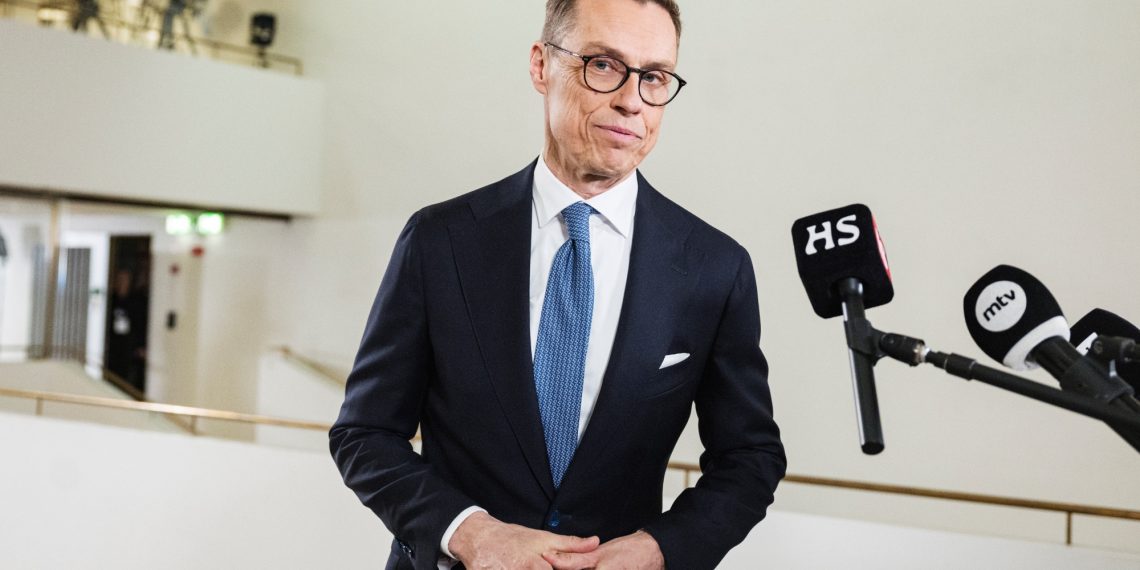In Finland’s presidential election, Alexander Stubb of the center-right National Coalition Party emerged as the winner, narrowly defeating his opponent, Pekka Haavisto of the Green Party. Stubb, known for his pro-European stance and tough approach towards Russia, secured 51.6% of the votes in the run-off, signaling a significant shift in Finland’s foreign policy direction.
As Finland’s new head of state, Stubb will be tasked with overseeing the country’s security and foreign policy, particularly its stance towards Russia, with which it shares a border. In his televised remarks, Stubb expressed gratitude for the opportunity to serve as president, calling it the greatest honor of his life.
Haavisto gracefully conceded defeat, acknowledging Stubb as the 13th president of Finland and expressing confidence in his ability to lead the country. Stubb’s victory marks a departure from Finland’s previous diplomacy-centric approach, especially in light of Russia’s invasion of Ukraine in 2022.
With Finland now under NATO’s security umbrella, Stubb will play a pivotal role in defining the country’s NATO policies and overall foreign and security strategy. This shift comes after Finland’s decision to join NATO in April last year, following years of neutrality and non-alignment.

Stubb has emphasized the importance of deepening NATO cooperation, including allowing the transport of nuclear weapons across Finnish soil and hosting NATO troops. However, he remains firm on refusing direct engagement with Russia until it ceases its aggression in Ukraine.
The election outcome reflects Finland’s evolving security concerns and its commitment to aligning with Western allies in the face of Russian threats. Stubb’s presidency is expected to usher in a new era of Finnish foreign policy, characterized by closer ties with NATO and a more assertive stance against Russian aggression.




